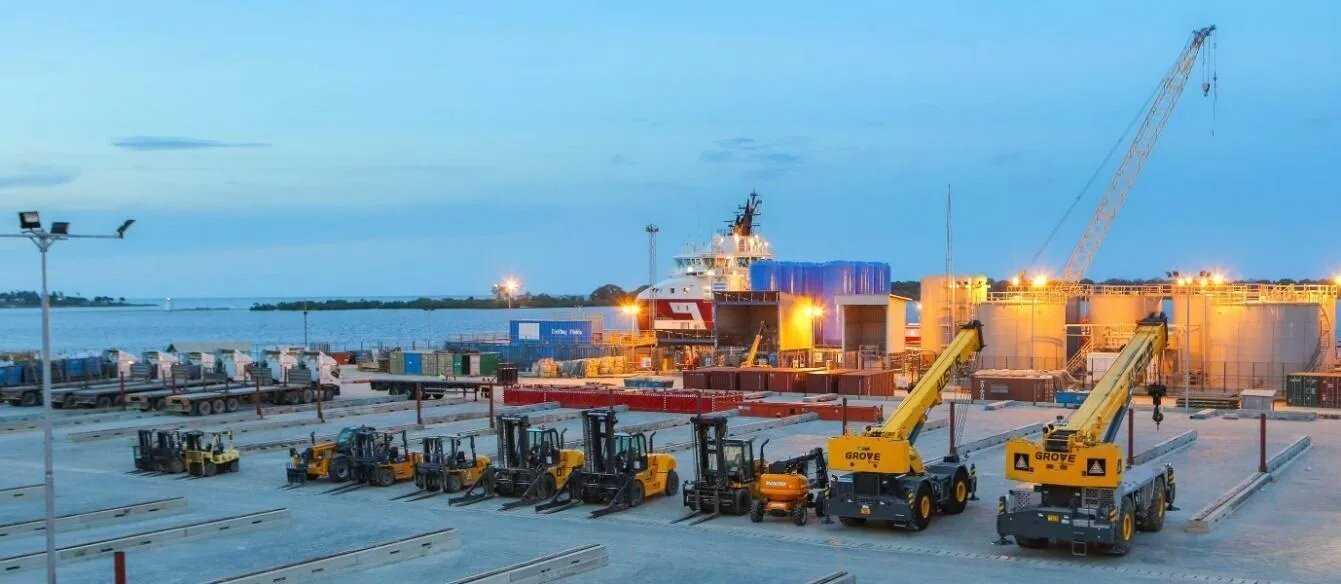The integration of artificial intelligence (AI) with oceanography is revolutionizing how we understand and protect the world’s oceans. As marine ecology faces increasing challenges, AI is establishing itself as a powerful tool, offering efficient and scalable solutions to safeguard marine ecosystems and explore unknown waters, according to various sources.
The Economic and Environmental Implications
The oceans contribute approximately $1.5 trillion annually to the global economy and support more than 31 million jobs in industries such as fishing, shipping, and energy. However, with over 80% of the oceans unexplored, traditional research methods are falling short. The immensity of the oceans, the risks for divers, and the overwhelming volume of data require innovative approaches.
The Entry of Artificial Intelligence
AI excels at processing large datasets, identifying patterns, and automating analysis. These capabilities are driving advances in marine biology, ecology, and conservation. From monitoring biodiversity to predicting tidal patterns and combating pollution, AI is reshaping ocean management.
Addressing Plastic Pollution
Plastic waste represents a serious ecological threat, with over 11 million metric tons entering the oceans annually. By 2050, it is estimated that plastic could outweigh fish in the seas. AI-driven solutions are combating this crisis:
Advances in Marine Research
AI is revolutionizing marine research by enhancing how scientists study ecosystems:
Innovations in Ocean Exploration
Underwater exploration has been transformed by autonomous drones equipped with AI algorithms. These devices map the seabed in real-time and adapt to unpredictable terrain, reducing risks for human researchers.
Modeling Deep-Water Resources
AI models map seabed resources, including cobalt-rich manganese crusts, contributing to sustainable resource extraction.
Smart Sensors and Satellite Imagery
AI-equipped sensors monitor chemical and physical changes in the oceans, while advanced satellite imagery reveals environmental trends and anomalies.
Why is AI Important for the Oceans?
AI is revolutionizing marine science, providing powerful tools to protect and maintain ocean ecosystems. By analyzing large volumes of data from satellites and autonomous vehicles, AI offers insights into marine ecosystems, predicts climate events such as rising sea levels, and detects harmful algal blooms, enabling proactive solutions.
Real-time monitoring systems detect pollution, oil spills, and illegal fishing, helping to protect biodiversity and manage fisheries sustainably. In navigation, AI optimizes routes, improves safety, and supports the operations of autonomous vessels. During environmental disasters, AI simulates the spread of pollutants and enhances response strategies, reducing ecological damage.
The Path Ahead
Partnerships between AI developers and conservationists are accelerating progress toward sustainable marine ecosystems.
As the world faces the challenges of ocean conservation, AI offers a ray of hope: a way to protect and preserve the oceans for future generations.





